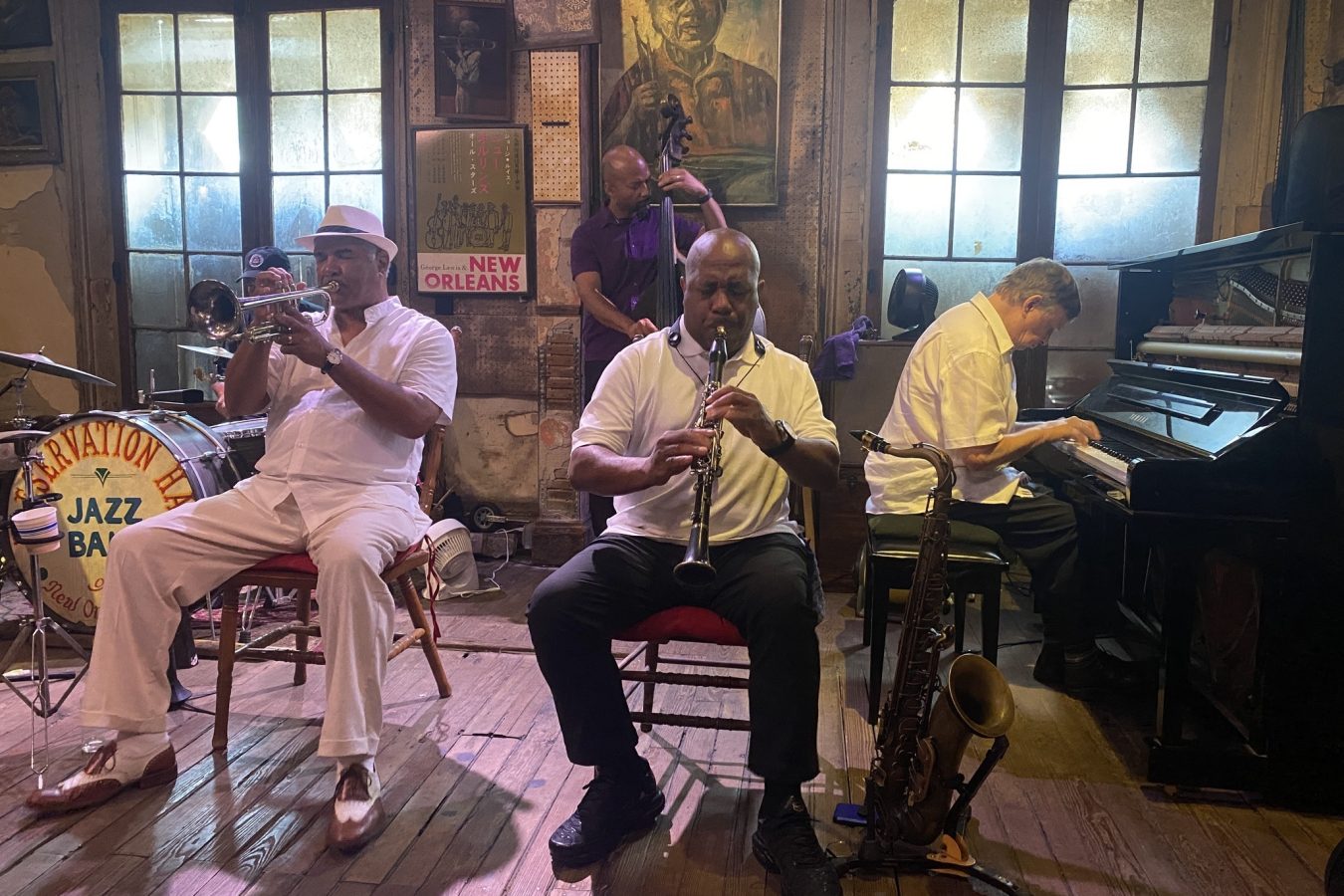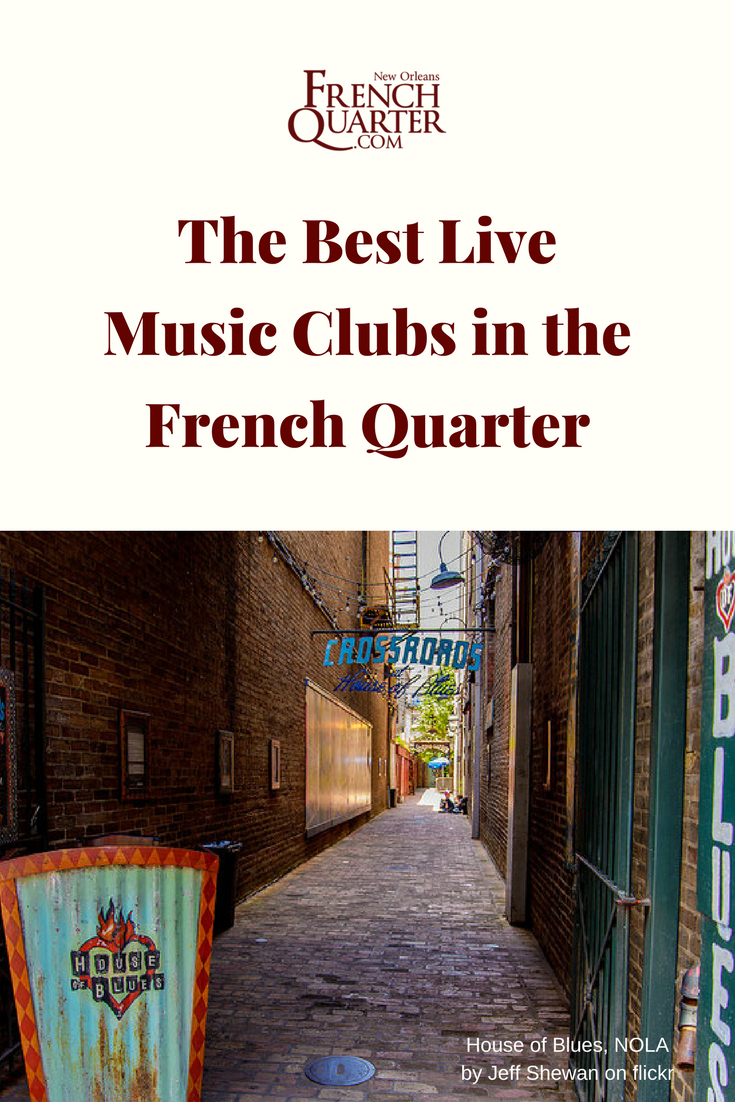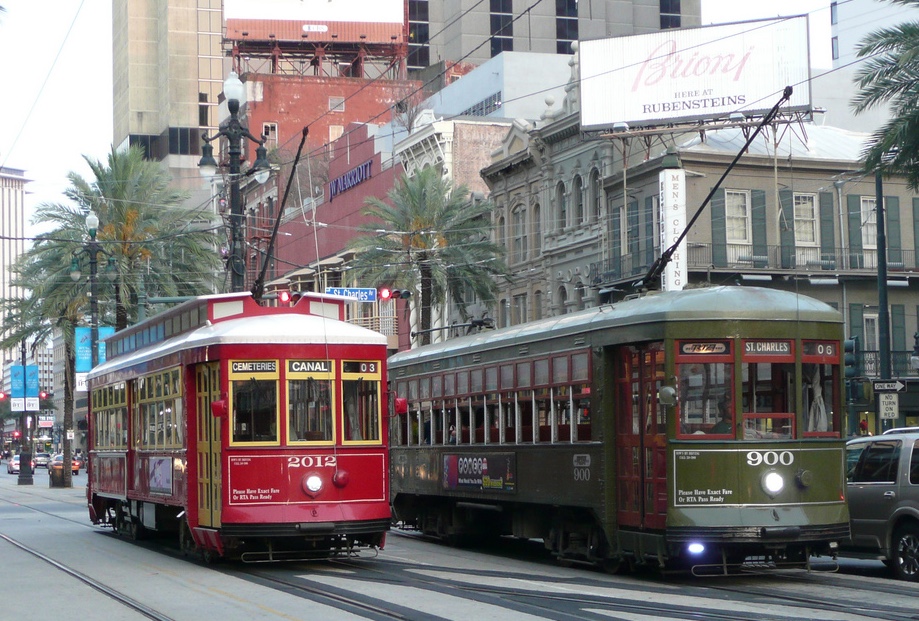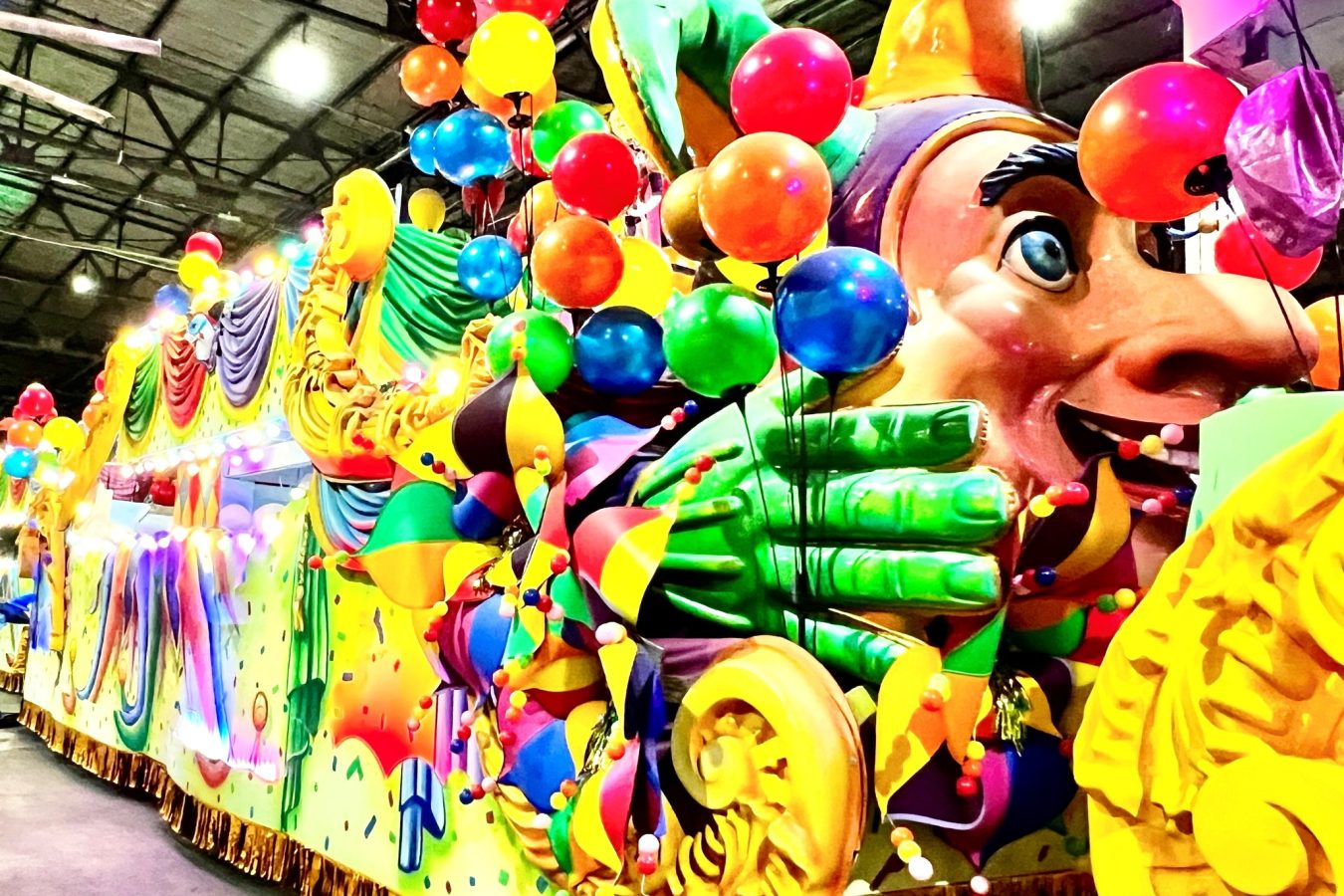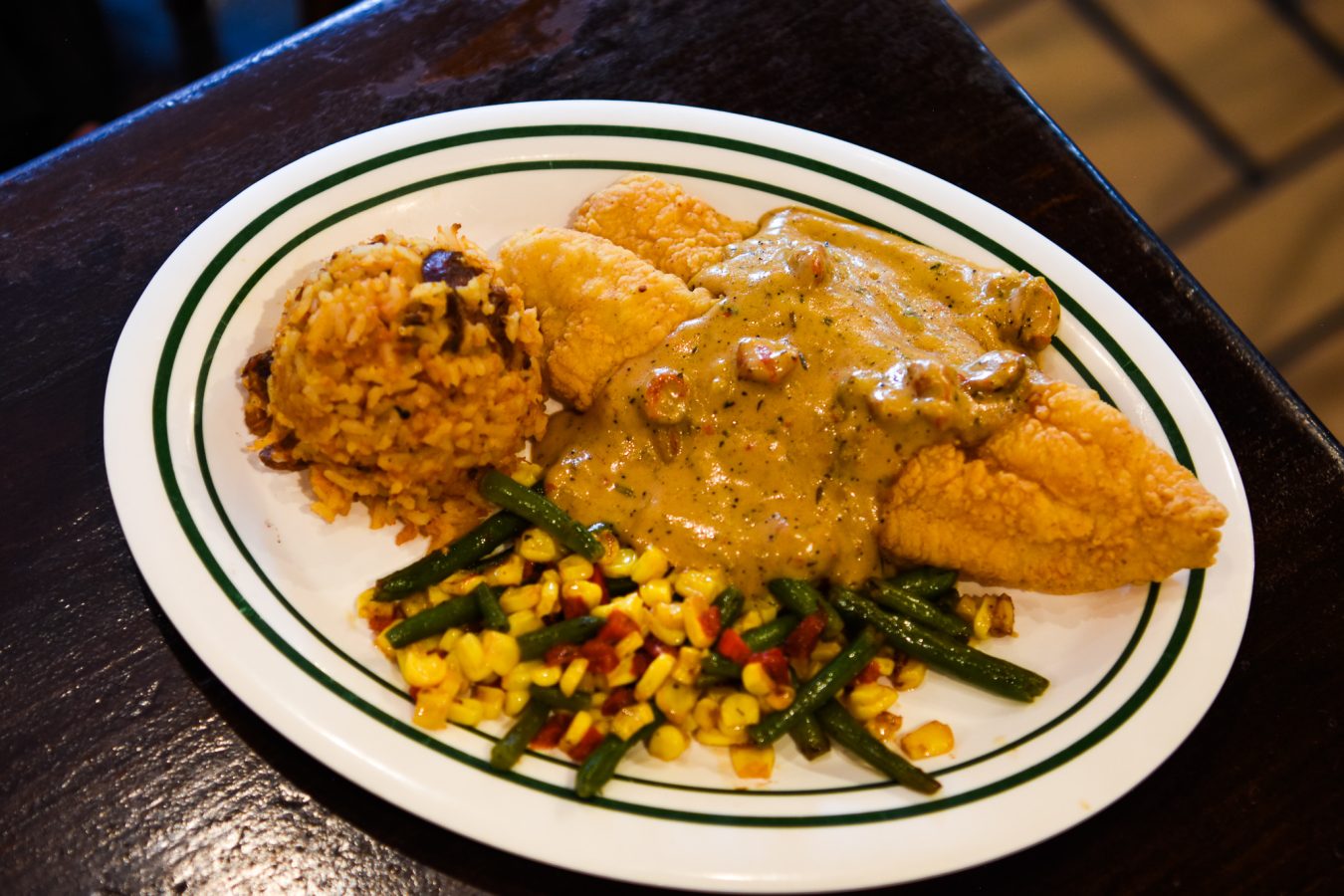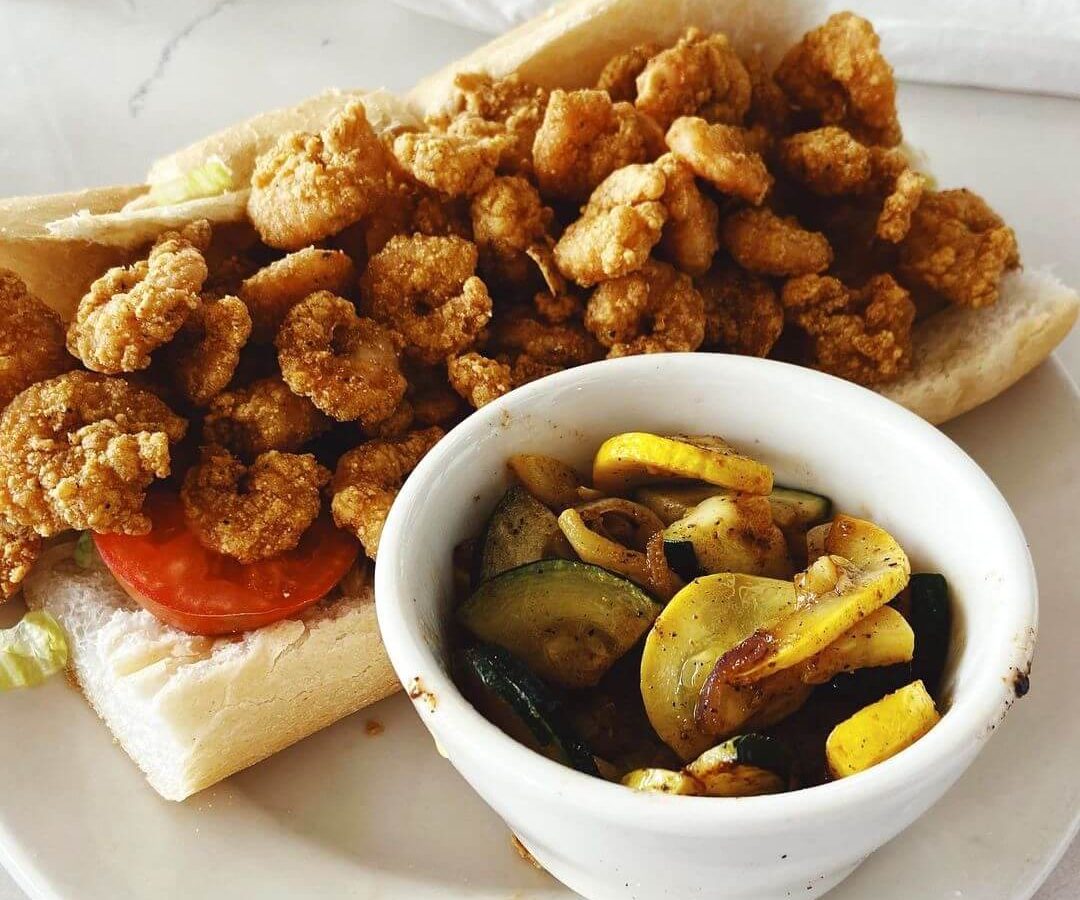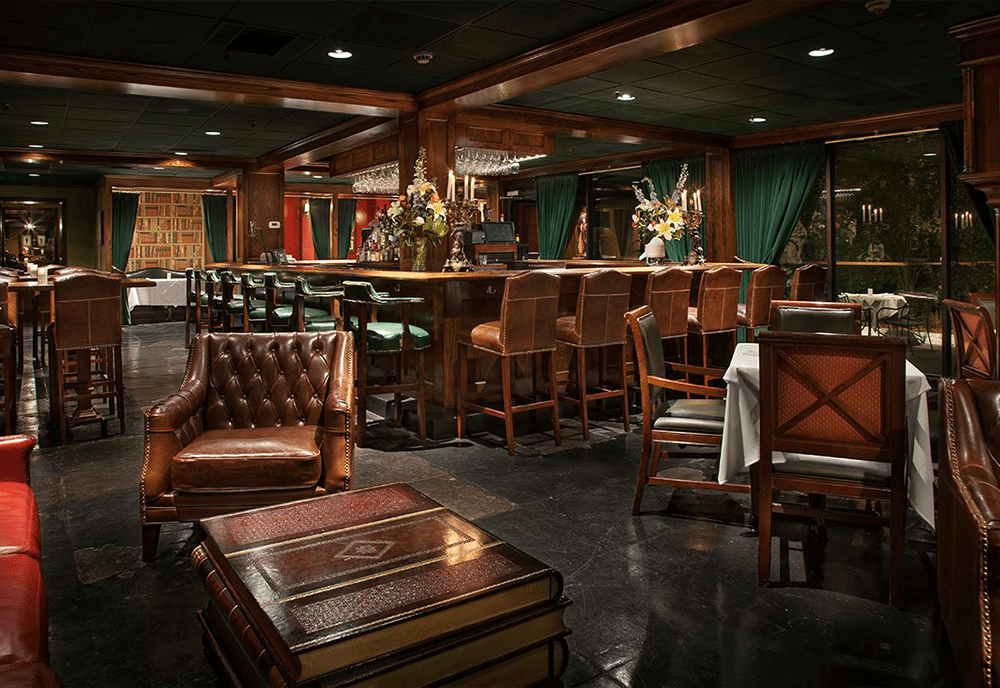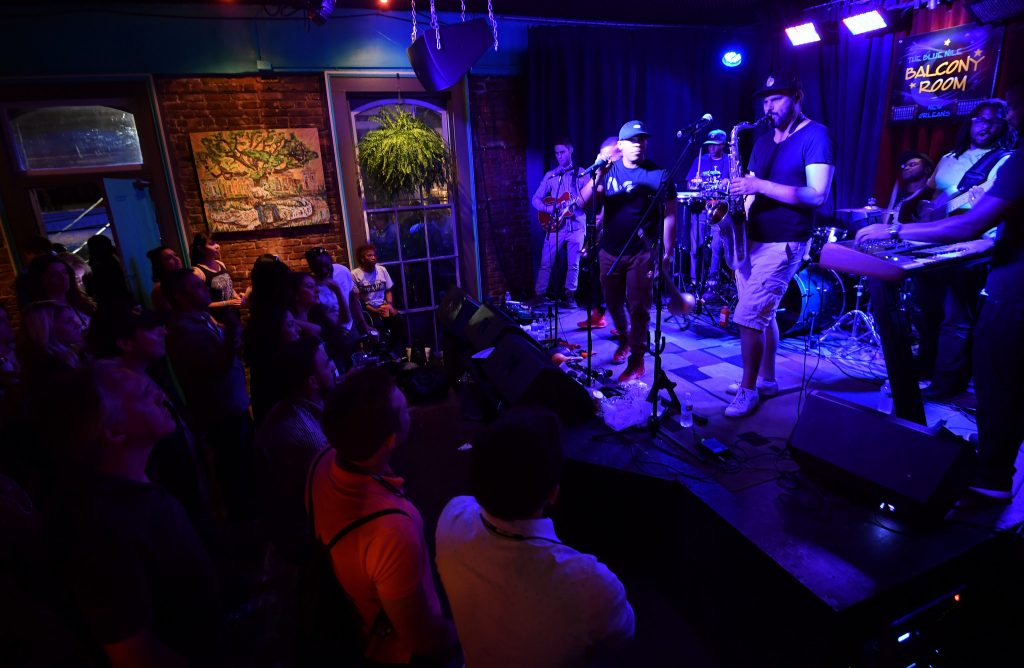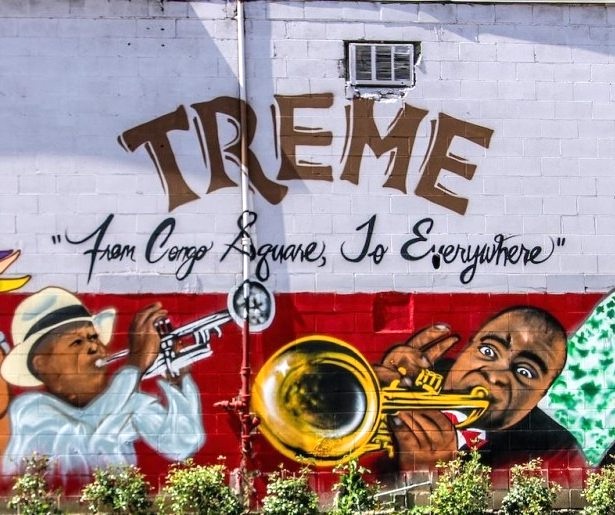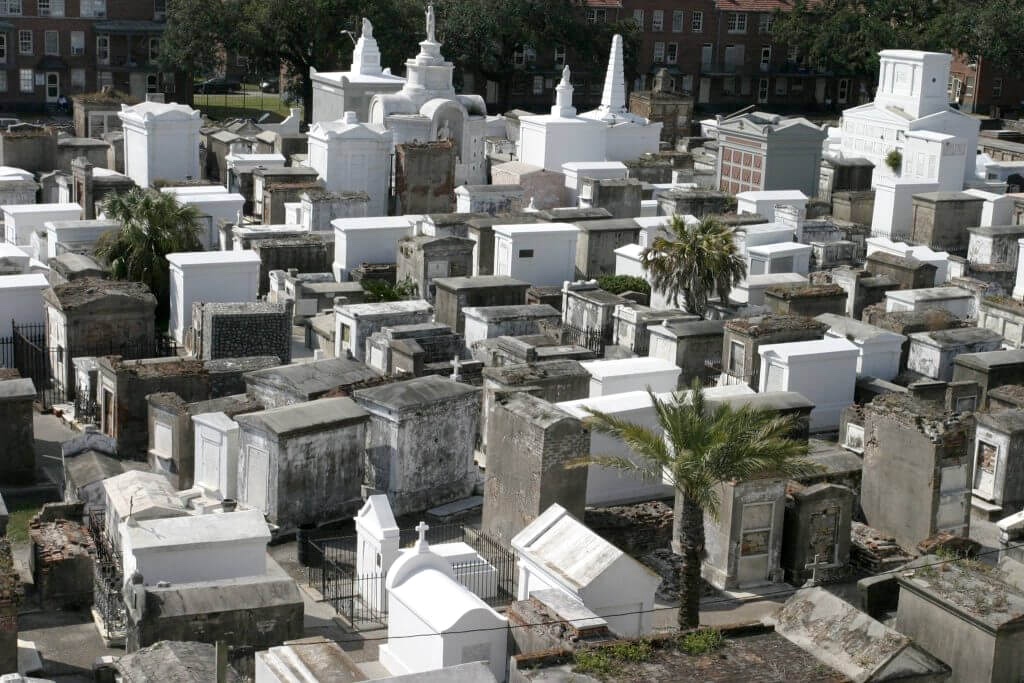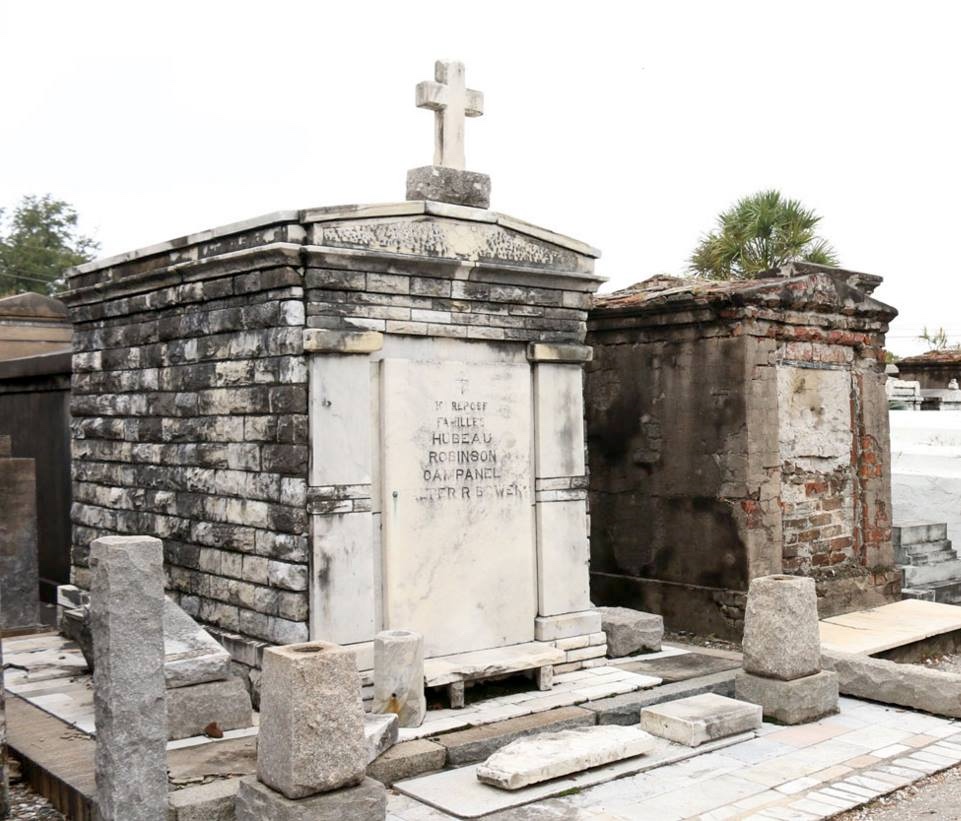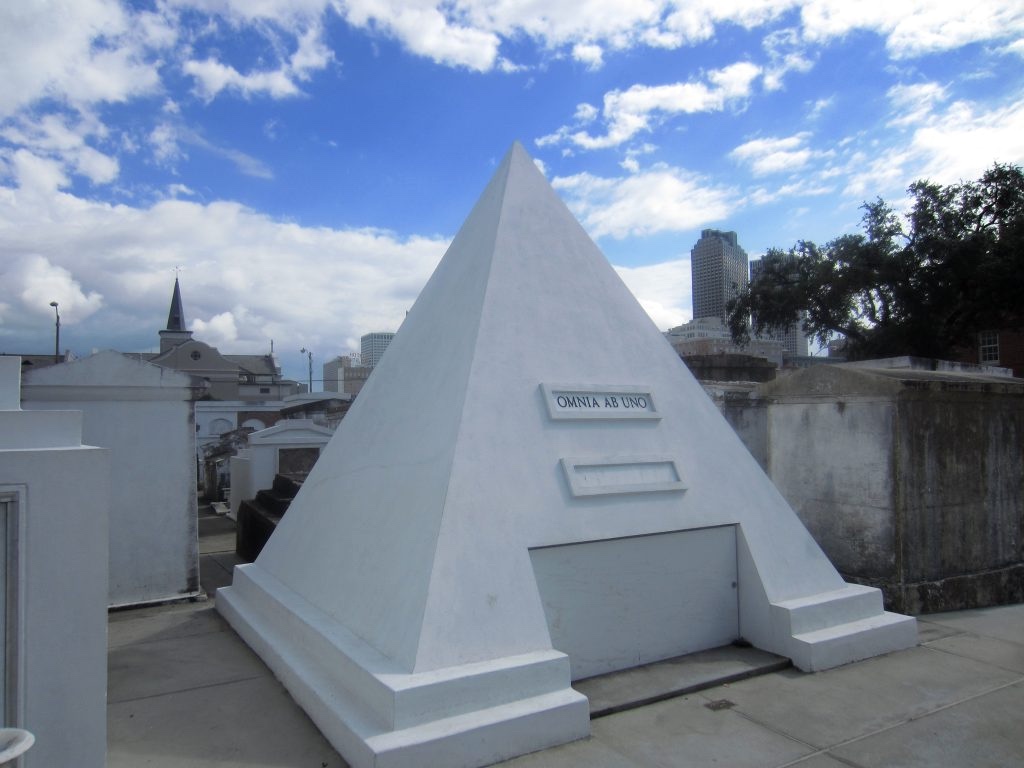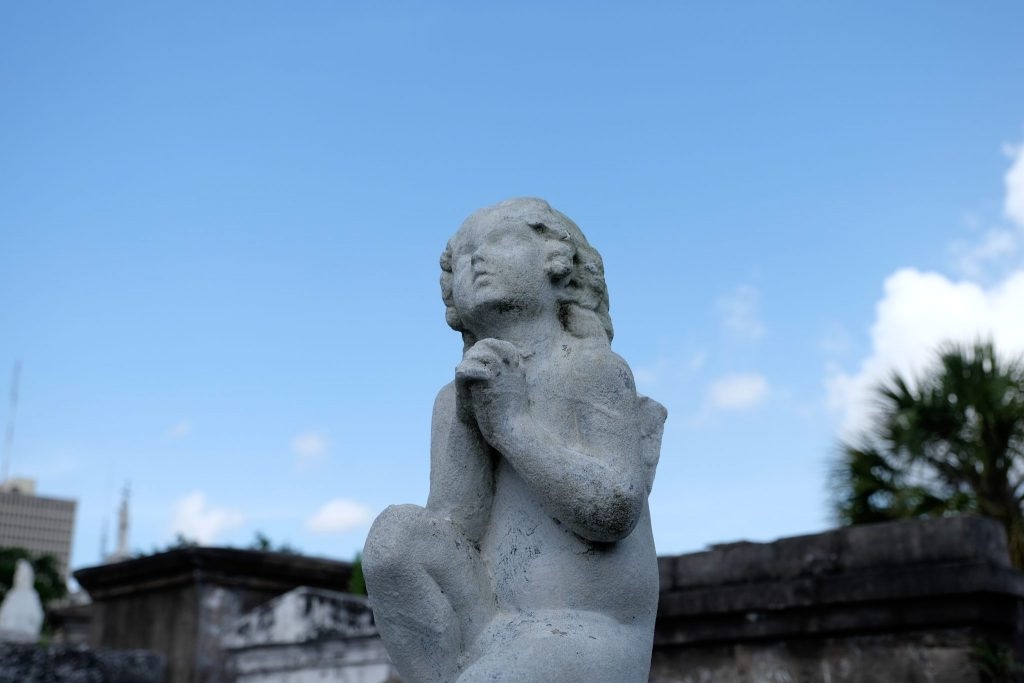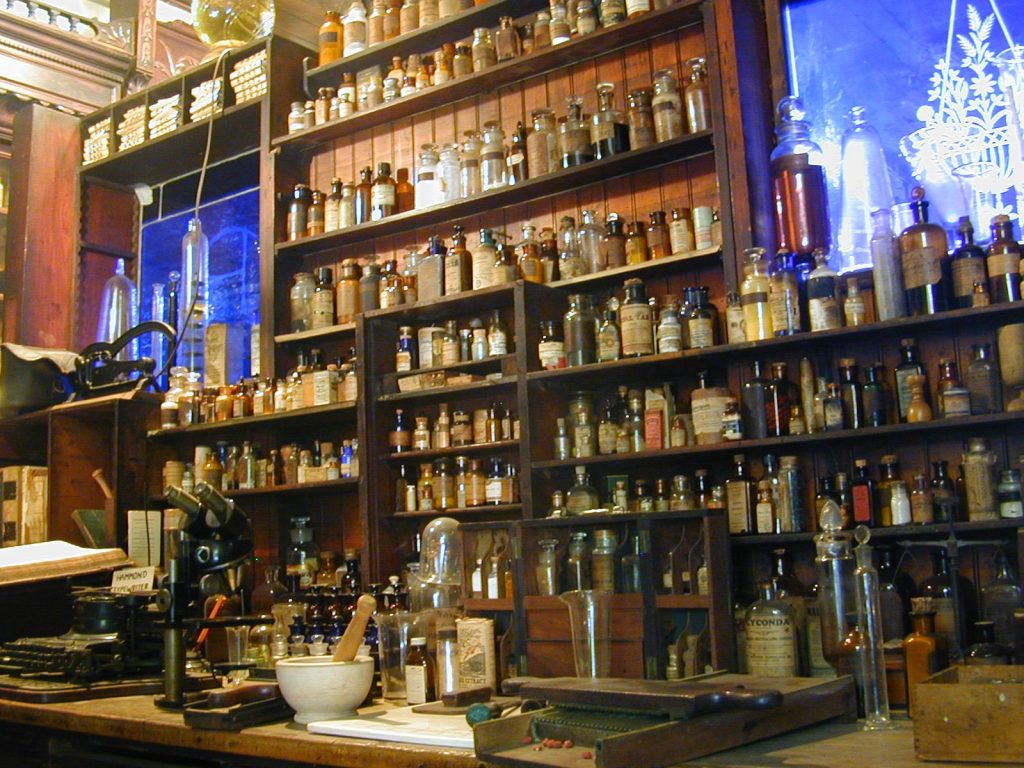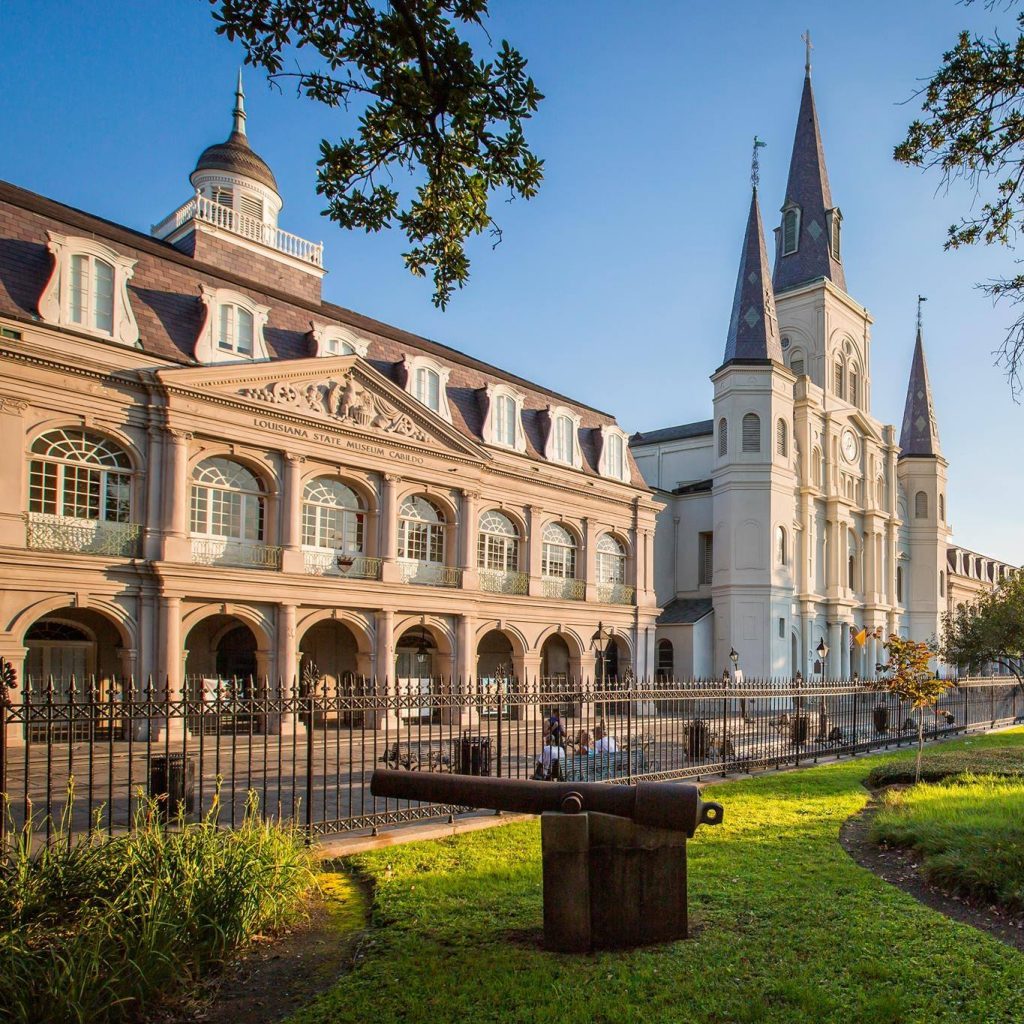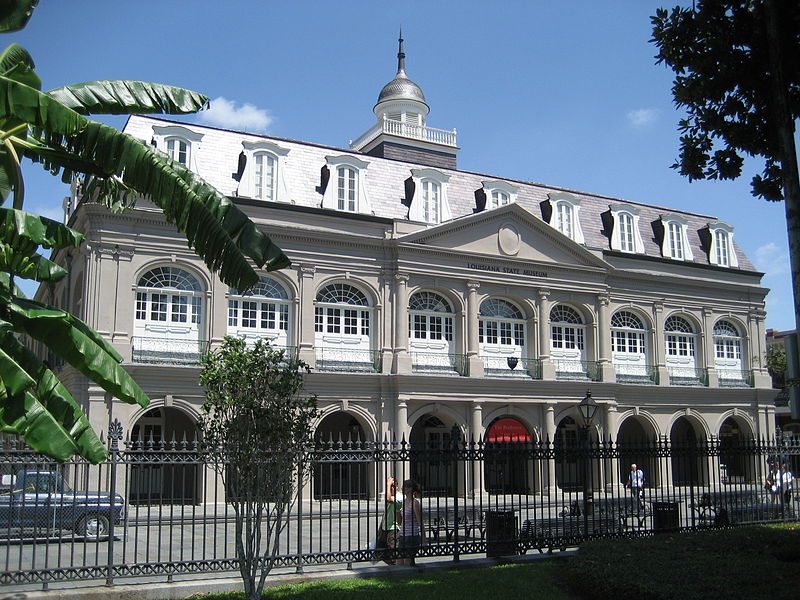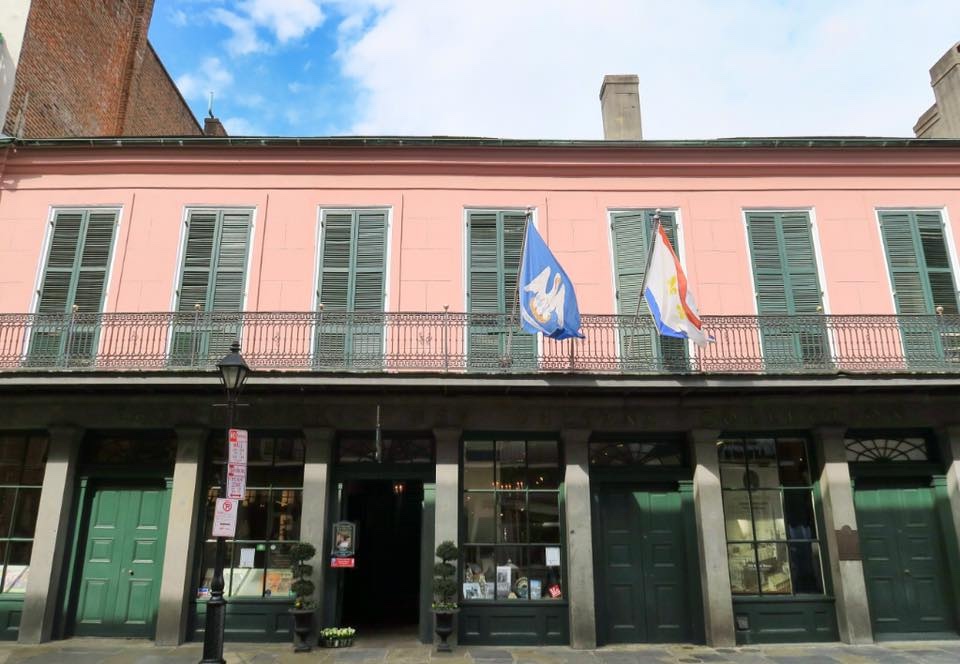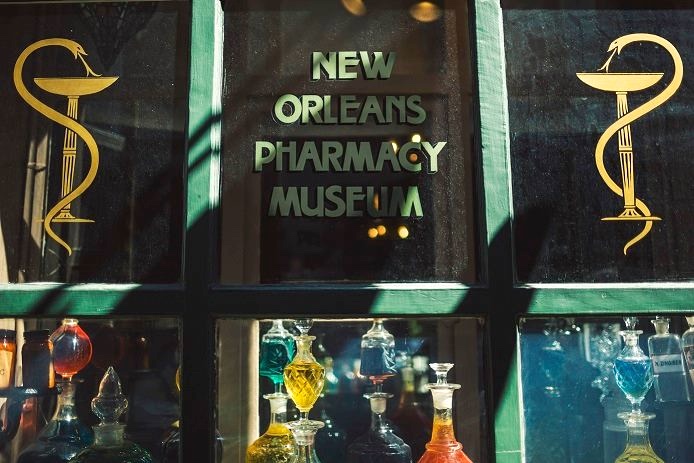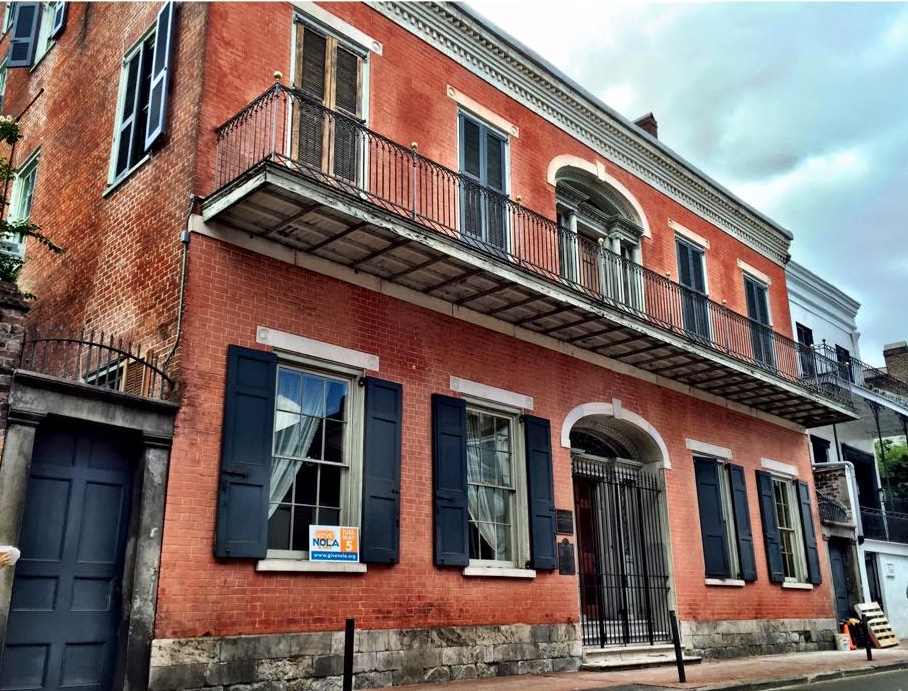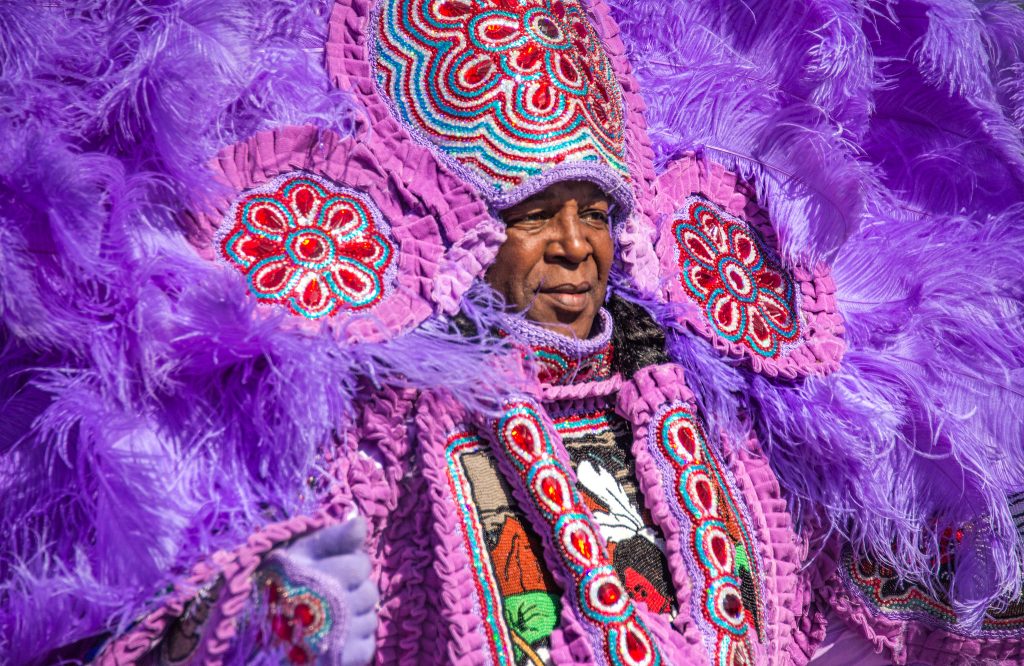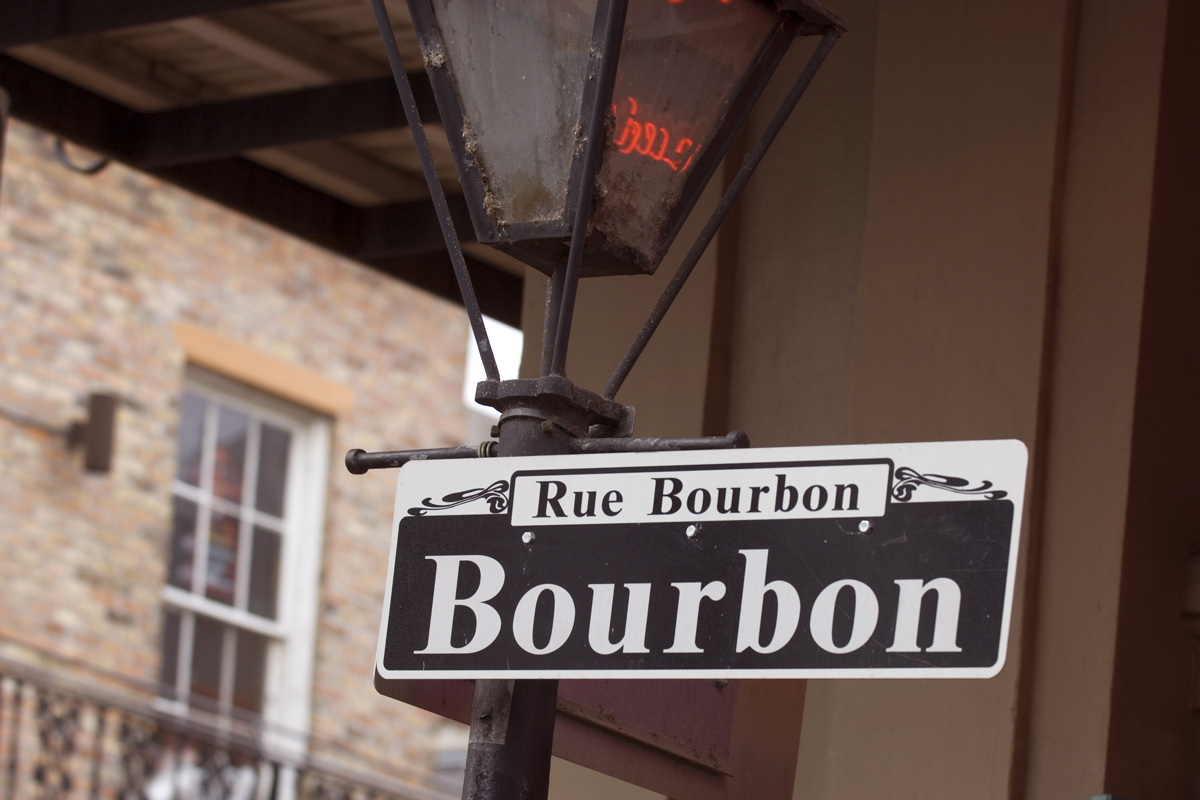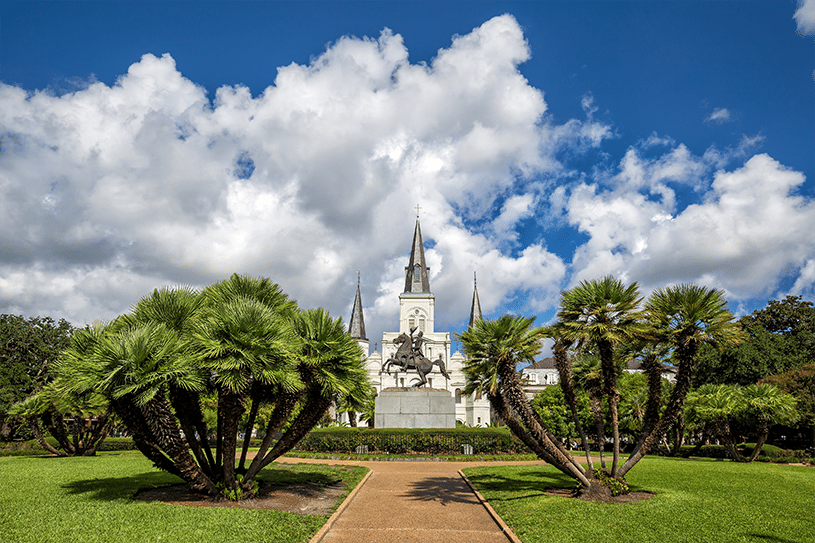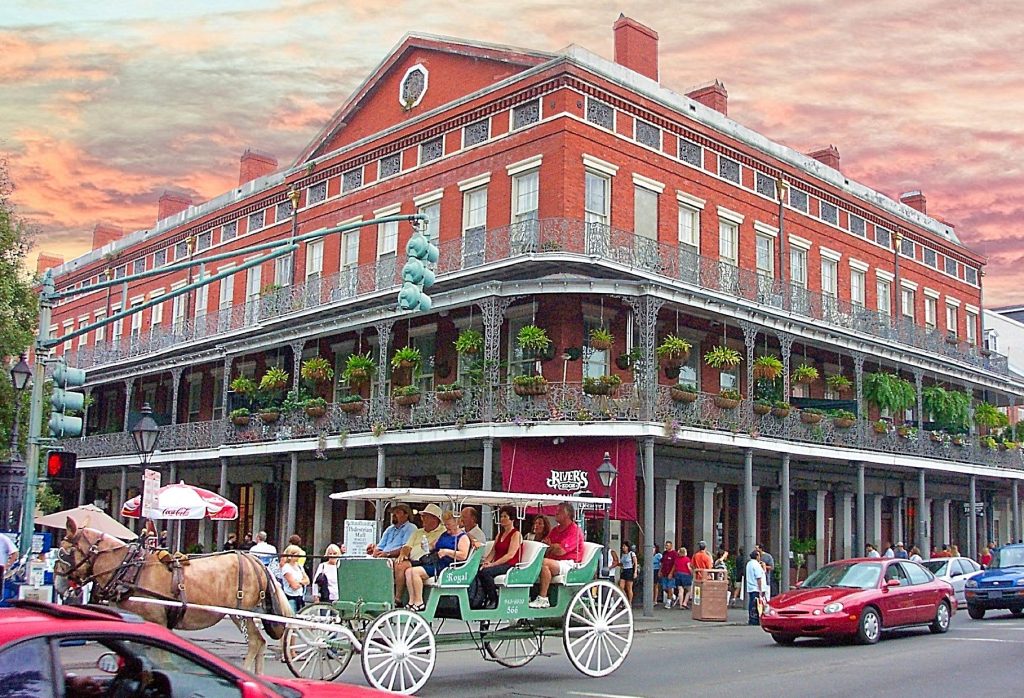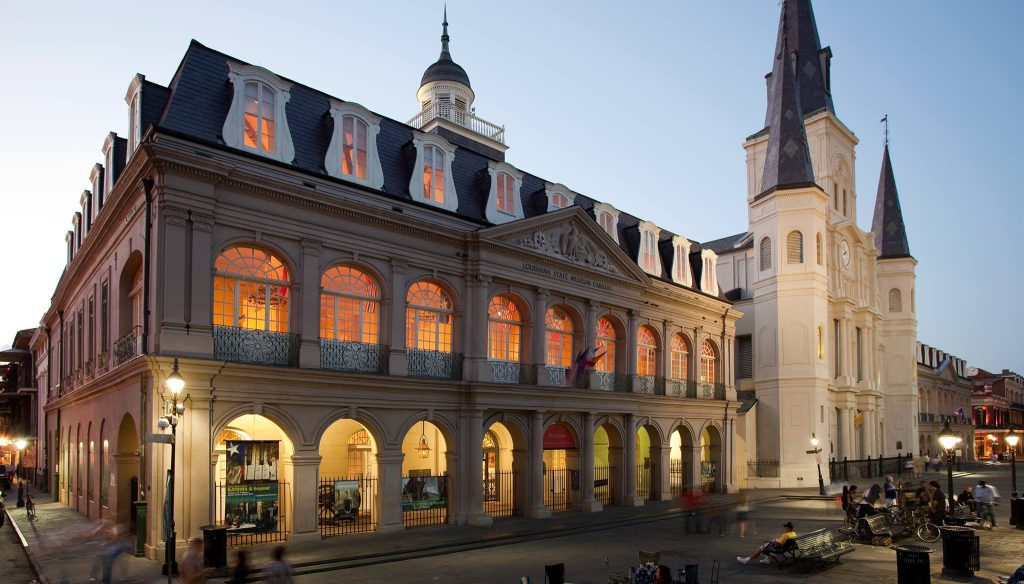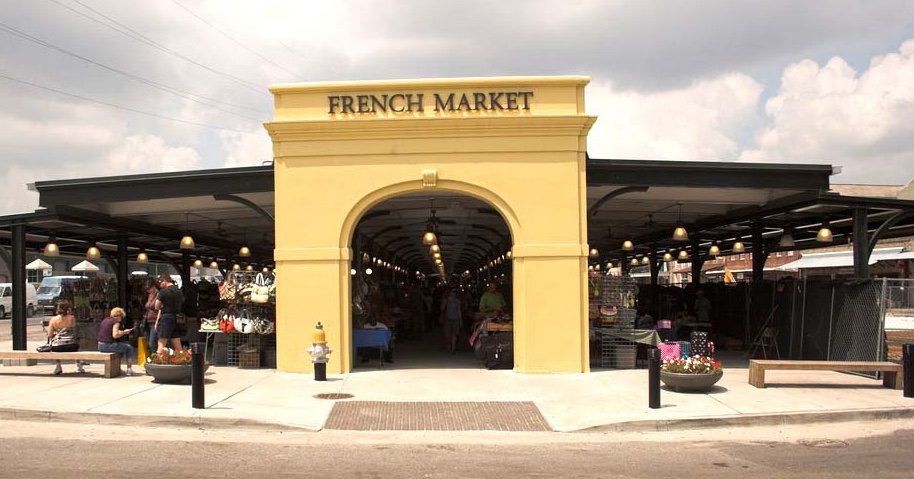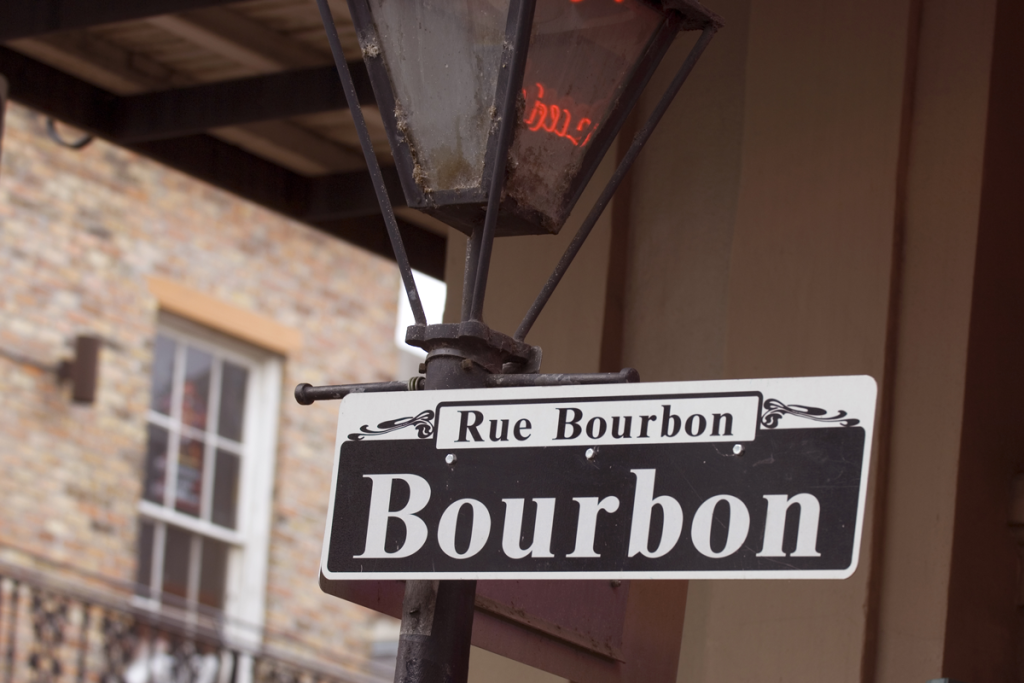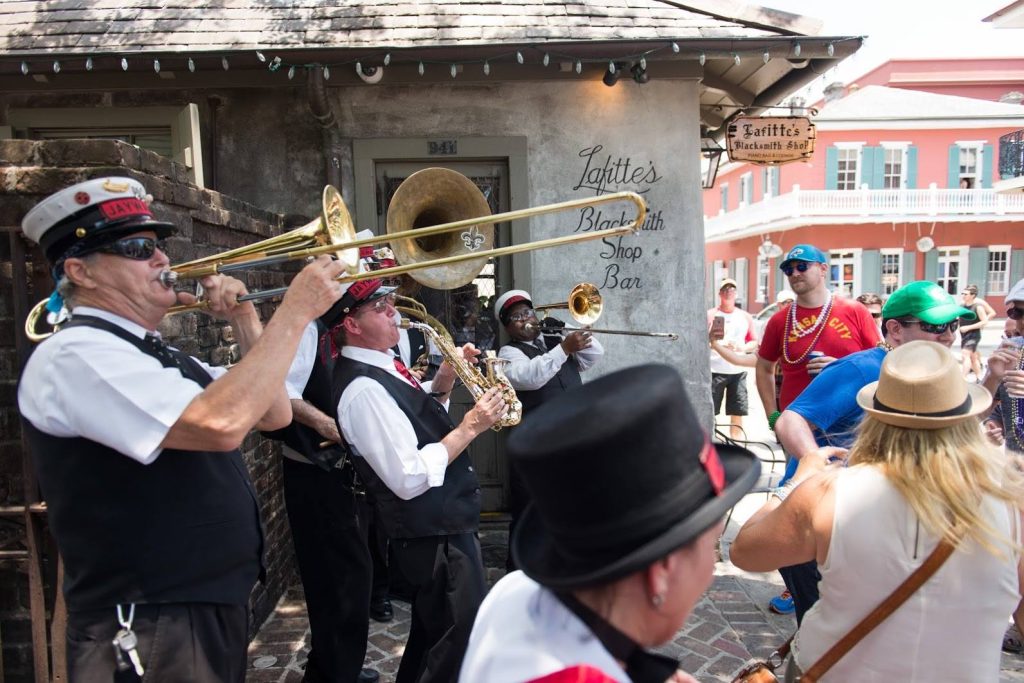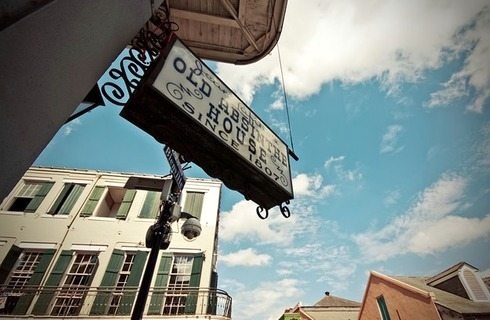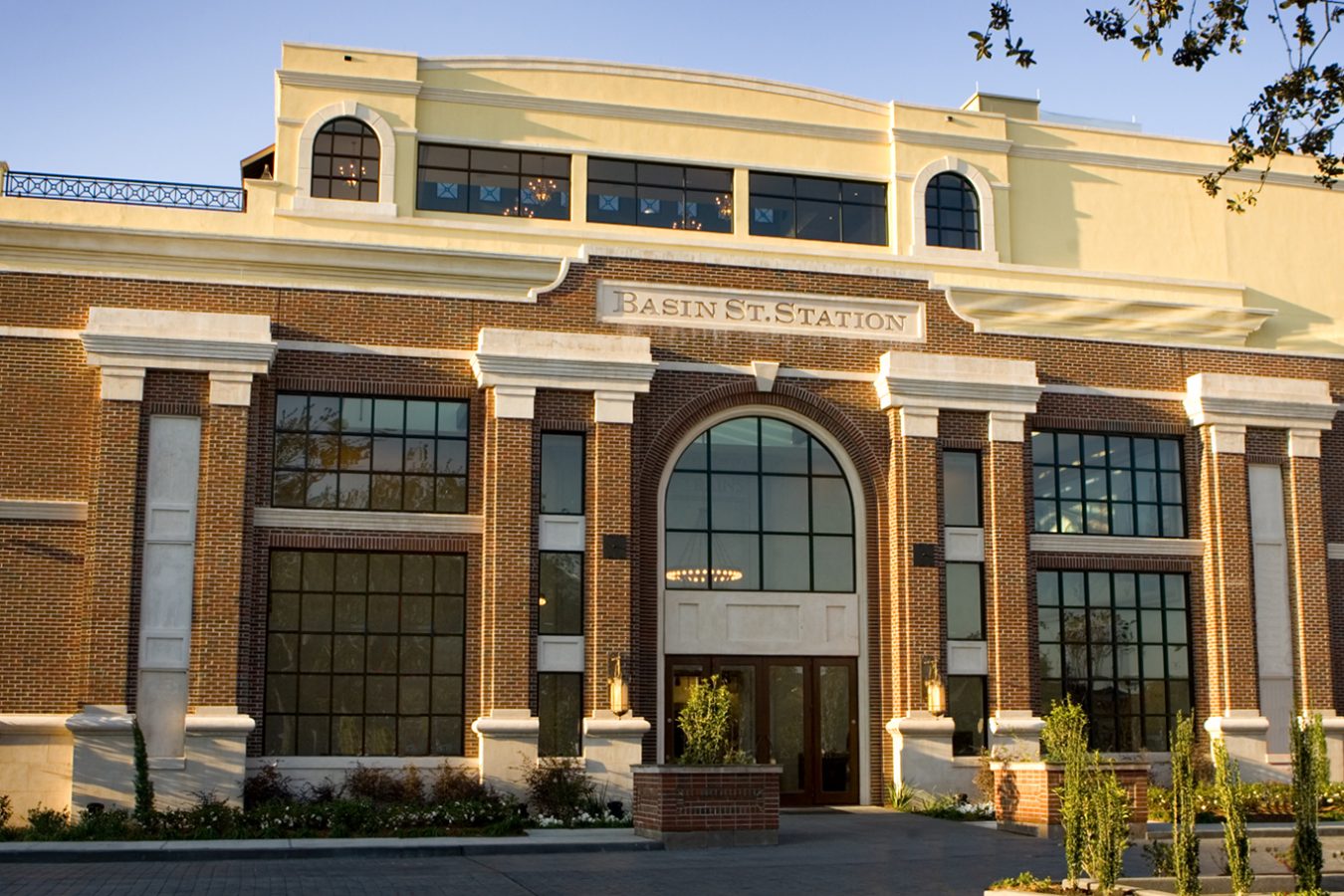Where to Hear Live Music Near The Brakeman Hotel
New Orleans is a music city, and if you’re staying at The Brakeman Hotel you are in luck as you can walk to many venues that dish out excellent, world-class live music nightly, often for a low cover. Sometimes it’s even free — all you need to do is walk around and catch a band on a street corner.
Also, there’s no better place for live music than the so-called Marigny Triangle. Situated between Esplanade Avenue and Elysian Fields, this wedge-shaped neighborhood is bisected by Frenchmen Street, a pedestrian-friendly strip of music clubs, bars, restaurants, and an art market, some of which don’t get going until after 10 p.m. The vibe is a giant block party, and you can easily walk there from the hotel.
So, here’s just a sliver of where to check out the city’s robust live music culture near The Brakeman Hotel.
In the French Quarter
21st Amendment Bar at La Louisiane
725 Iberville Street
Prohibition-era 21st Amendment Bar is located just a half-block off Bourbon Street. The bar takes its name from the 21st Amendment to the U.S. Constitution, which repealed the 18th Amendment creating Prohibition (the ban on alcohol production and sales) in 1920. The space was originally a hotel and restaurant called La Louisiane when it was established in 1933; the same year, Prohibition ended. Black-and-white images of mobsters adorn the walls, and inventive craft cocktails abound.
Fritzel’s European Jazz Club
733 Bourbon Street
Fritzel’s is a great spot for live jazz, and it regularly dishes out plenty of old-school Dixieland. It’s calm and laid back in almost inverse proportion to much of the rest of Bourbon Street — a perfect stop if you’re feeling overwhelmed by all the crowds, or if you just want to listen to some good music.
House of Blues
225 Decatur St.
The highly successful House of Blues opened its New Orleans venue over a decade ago, and it has grown into the French Quarter destination to hear nationally touring acts. In addition to the main stage, the club often has music in its restaurant or patio bar, as well as the more intimate concert hall in the adjacent House of Blues Parish, which hosts many local performers.
Kerry Irish Pub
331 Decatur St.
It lives up to its Celtic billing with some of the best-poured Guinness stout in town and a welcoming atmosphere. There’s no cover charge for the nightly live music, which includes traditional Irish, alternative country, bluegrass, and rock.
New Orleans Street Music
Royal Street, Jackson Square, Bourbon Street
You don’t have to buy a cocktail or pay a cover to hear great jazz. Playing on the street is a New Orleans tradition, and many successful music careers have started that way. You might catch a band on the corners throughout the Quarter nightly, especially on Bourbon and Royal, plus on Jackson Square. Frenchmen Street in the Marigny also hosts impromptu performances nightly. Drop a tip in a jar, and enjoy.
One Eyed Jacks
1104 Decatur St.
One Eyed Jacks, a popular live music venue formerly located at 615 Toulouse Street, reopened for Mardi Gras 2022 in the space that was formerly occupied by Jimmy Buffet’s Margaritaville and B.B. King’s Blues Club. One Eyed Jacks’ stage is big enough for touring rock bands and even 1950s-style burlesque shows, and the music lineup is as electric and eclectic as ever.
Preservation Hall
726 St. Peter Street
There’s no food or drink for sale or public restrooms at this no-frills, all-ages venue (you can bring your own drinks). What you will find, though, is a bastion of traditional New Orleans jazz that has branched out in recent years to embrace performances by artists ranging from Mos Def to Foo Fighters. Grab a go-cup and get ready to sweat it out — a concert at Pres Hall is truly a New Orleans bucket-list item.
The Bombay Club
830 Conti Street
When former owner Richard Fiske took the wheel at Bombay Club in the early 2000s, jazz was scarce in the Quarter (except for Preservation Hall). Fiske aimed to make The Bombay Club a live jazz destination on par with nightclubs of the 1940s. He succeeded at his task, and although he has since passed on, his legacy continues in the nightly lineup of jazz luminaries. There’s no better place to savor music alongside new Louisiana cuisine and cocktails, all in a comfortably luxurious atmosphere.
On Frenchmen Street
The Maison
508 Frenchmen Street
A music club that triples as a restaurant and bar. It’s three-level, with multiple stages where you can find drag, burlesque, and live music of many genres. The menu is primarily New Orleans classics, a house burger, and sandwich platters.
Bamboula’s
514 Frenchmen Street
Here, you’ll find casual New Orleans fare like po-boys and jambalaya. The no-cover eclectic live music seven days a week is another draw.
Blue Nile
532 Frenchmen Street
One of the longest-standing clubs on Frenchmen Street is a must for live jazz and local brass. On any given night, you can catch a performance by the city’s top musicians like Kermit Ruffins and Big Sam’s Funky Nation. It’s also a great spot to see the Mardi Gras Indians do a show.
Three Muses
536 Frenchmen Street
Grab a seat at the bar or a tall bistro table, order tapas and one of the on-point house cocktails, and settle in for an intimate night of music. Curated by musician and Frenchmen Street fixture Sophie Lee, the nightly lineup includes Shotgun Jazz Band, Gal Holiday, Tom McDermott, and many others.
d.b.a.
618 Frenchmen Street
Since this live music venue opened its doors in 2000, d.b.a. has hosted hundreds of live acts. The bar features a broad selection of beer and spirits, and the music plays nightly. Tin Men and John Boutte perform there regularly.
Marigny Brasserie
640 Frenchmen Street
The casual, live music venue at the end of Frenchmen offers an elevated Cajun/Creole menu, hand-crafted cocktails, a good wine list, and local draft beer plus live big-band music.
Snug Harbor Jazz Bistro
626 Frenchmen Street
Snug Harbor is a sit-down ticketed music venue that is home to local and touring heavyweights of traditional and modern jazz. For over 30 years, Snug Harbor has provided the best in live jazz and great regional cuisine. Snug Harbor is located in three rooms of a renovated 1800s storefront — a dining room, a bar, and a music room.
The Spotted Cat
623 Frenchmen Street
It’s raucous, it’s loud, it’s standing room only, and it’s one of the best places to throw down in New Orleans. This casual, petite Frenchmen Street venue doles out traditional jazz, modern jazz, blues, and funk. If things get too hot and crowded, just step outside with your drink for a breather — chances are, you’ll find a brass band playing on the street.
In the Marigny
Buffa’s
1001 Esplanade Ave.
Just past the Quarter in the Marigny, Buffa’s has long been a character-laden outpost of great New Orleans music. The lineup here can range from soulful jazz crooners to piano masters stroking the ivories. It helps that the bartenders pour strong drinks and the food is great. Buffa’s is also open late, (till 2 a.m.).
Dragon’s Den
435 Esplanade Ave.
The eclectic variety of music hosted by the two-story Dragon’s Den matches the exotic setting in this singular club. Located at the edge of the Quarter, the intimate space creates a seductive atmosphere with lustrous red hues, Far East décor, a courtyard, and a wrought iron balcony over the tree-lined Esplanade Avenue. Look for all manner of music and a young, very local crowd.
Check Point Charlie
501 Esplanade Ave.
Be on the lookout for Check Point Charlie. This may look like a rough punk music bar (and it still is, in a lot of ways) from the outside, but management attracts a pretty wide range of clientele. Check Point Charlie feels pretty divey, but once inside, the music is almost always wonderful. An added bonus: Check Point sells amazing cheeseburgers throughout the evening.
In Tremé
Candlelight Lounge
925 N. Robertson St.
Treme is said to be the birthplace of jazz, and it’s still a great place to hear live music. The Candlelight Lounge is an excellent option for Creole food and brass bands.
Kermit’s Treme Mother in Law Lounge
1500 N. Claiborne Ave.
This legendary place belonged to the late R&B and jazz legend Ernie K-Doe and his wife Antoinette. When both passed, Kermit Ruffins bought it and continued the tradition with live music and BBQ.
Are You Visiting New Orleans Soon?
We’d love for you to stay with us! And if you do, consider booking a guided tour of St. Louis Cemetery No. 1 to experience the hauntingly beautiful past of New Orleans.
For easy, informative sightseeing, we recommend the City Sightseeing New Orleans city tour on the open-top, double-decker bus. It runs every 30 minutes through the Garden District, French Quarter, and CBD. You can hop on and off anytime, and your kids won’t have to do all this walking.
Take advantage of The Brakeman Hotel specials, group rates, and best-rate guarantee for greater savings to spend on New Orleans’ famous cuisine and enjoy everything this magnificent city has to offer. Reserve your room today!

